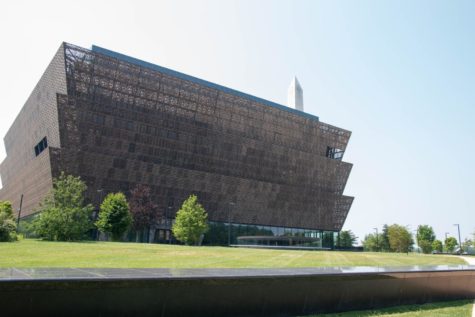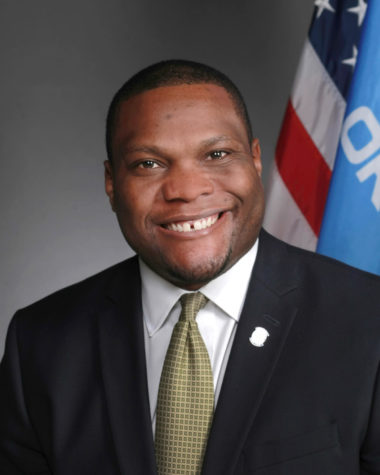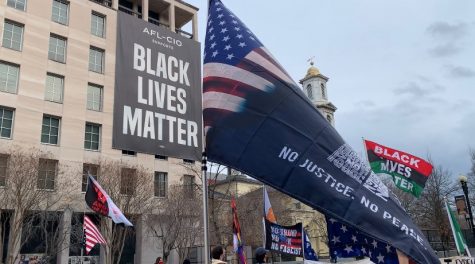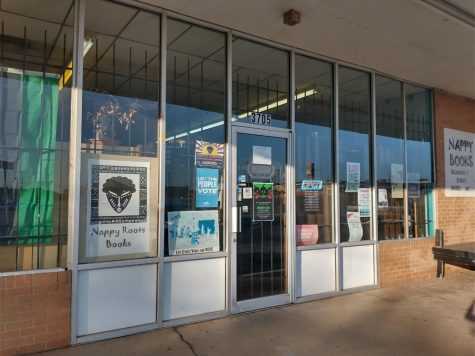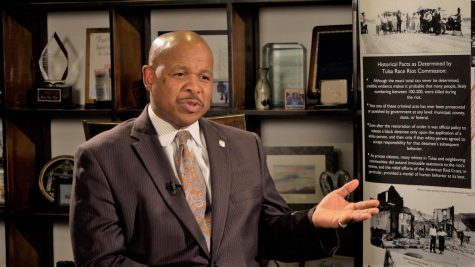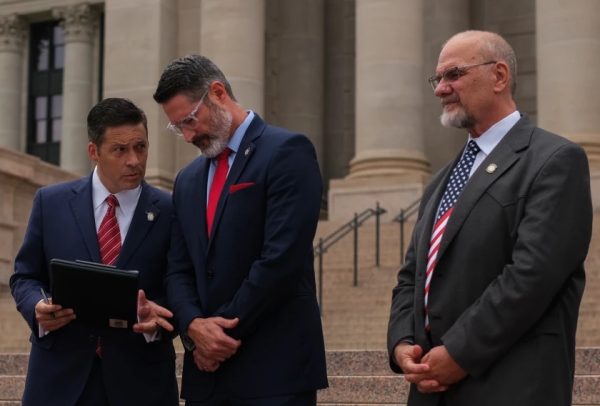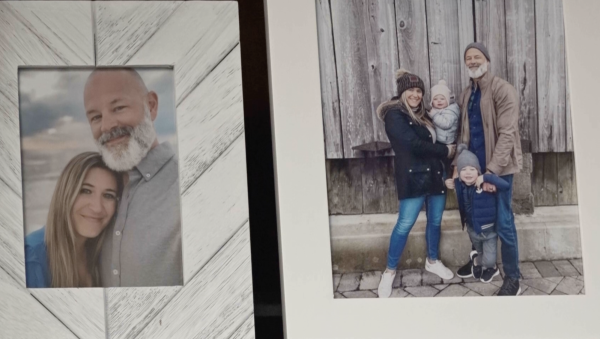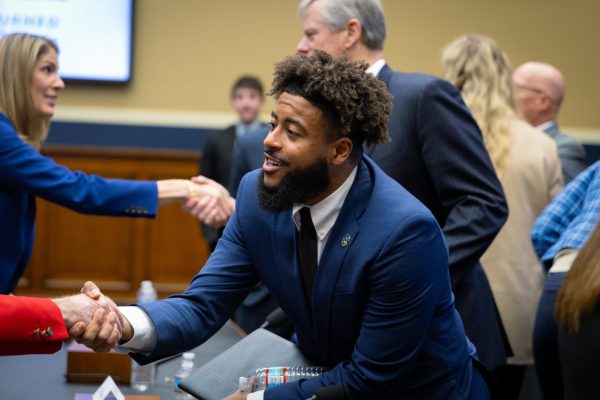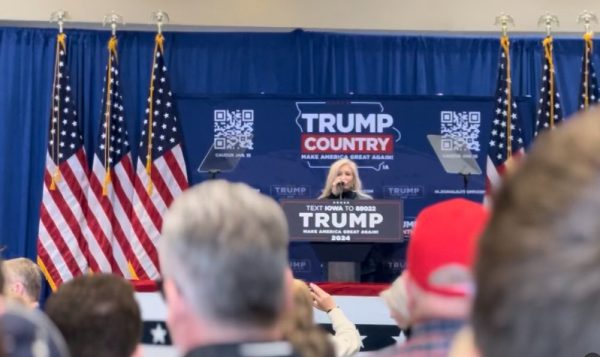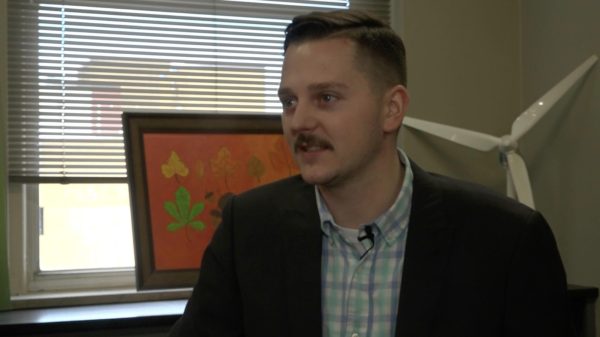OPINION: Beware of the return to normalcy
Something to consider in the wake of #BlackOutTuesday: I’ve noticed many people — from celebrities and everyday citizens to journalists and federal employees — sharing images of police officers kneeling with protesters, participating in marches with protesters, and taking selfies with protesters. While I certainly can’t control what individuals do (and have no interest in doing so), it is my honest suggestion that you not share such photographs, at least not before you think critically about them.

Consider the underlying purpose those images might carry. Police departments around the country are finally facing a reckoning for what these same institutions of power and force have perpetrated against black communities for generations. By sharing pictures of police officers partaking in “normal” activities with the everyday public, no matter how benign or inspirational you might feel those actions or pictures are, it does nothing to substantively address the issue at hand. Instead, it dilutes the extraordinary power of this national moment.
Those images amount to nothing more than PR statements. They do not accurately represent the turmoil, the anguish, and the frustration of what these protests are and what birthed them. Such images are an implicit request from police officers that, if we do this performative action or demonstrate this hollow symbolism, everything should go back to “normal.” Don’t play into it.
What has been considered “normal” for police officers — how they have operated, behaved, and treated black communities in America — has been seen as “normal” for far too long and never should have been considered “normal” to begin with. If we as a society want to prevent the murder of people like George Floyd, Breonna Taylor, and David McAtee, there can be no return to “normalcy” — not what we’d accepted and grown numb to before.
By doing these performative actions, police officers want to assuage the guilt they inevitably feel as participants in such a broken system and corrupted institution. They want to feel better about themselves as individuals, regardless of their own behavior or where they fit inside that paradigm. They want to feel absolved of blame because they can tell the world (and themselves) that, “Well, at least I know that I am not a bad cop.” That is effectively meaningless now. The appropriate time to “take a knee” in public support of justice would have been when a conscience-driven athlete sacrificed his career to do it at every football game — NOT after a traumatized young woman videotaped a police officer kneeling on the neck of an unarmed man. A police response to brutal misconduct from one of their own should no longer be allowed to devolve into an immaterial photo opp.
The material, concrete solutions — the ones that hold meaning and improve outcomes and change lives — are so simple and yet so complex: simple because they are fairly obvious to anyone who sees change is necessary, but complex because it will require unprecedented changes in training, funding, interaction and education. It will require all of us. But it’s long past due. There can be no going “back to normal.”
Fellow journalists, if my suggestion makes you uncomfortable, consider why. Do not run and hide from the discomfort you feel. Our profession has played no small part in the tumultuous relationship between the police and the black community. One viewing of the documentary “13th” will make this abundantly clear. Asking any elder of any black community who has survived from the 50s till now will make this abundantly clear. The time in which we uncritically shared what police departments gave us — or what they did in front of us — cannot return. We must, for the good of the public, strive for a new “normal.”
White America, if my suggestion makes you uncomfortable, consider why. Do not run and hide from the discomfort you feel. Black Americans cannot go for a simple run through a park or a neighborhood without facing suspicion, and Black Americans cannot even enjoy the refuge of their own homes without somehow jeopardizing their own lives. This is not “normal” for White America. Why is it “normal” when it comes to Black America?
Police Officer, if my suggestion makes you uncomfortable, consider why. Do not run and hide from the discomfort you feel. Stress while on the job is sadly “normal” for millions upon millions of Americans, but at the end of the day, police officers can shed their uniform or their badges. Black Americans cannot — and will not — shed their skin.
Because, well, that would not be “normal.”
Gaylord News is a reporting project of the University of Oklahoma Gaylord College of Journalism and Mass Communication
Jessie Christopher Smith is a senior Gaylord News reporter. He was co-founder and editor of Rap Chronicle, an online music magazine that published between October 2014 and February 2018. He is working his way through OU as a crew member/server at Norman restaurants. 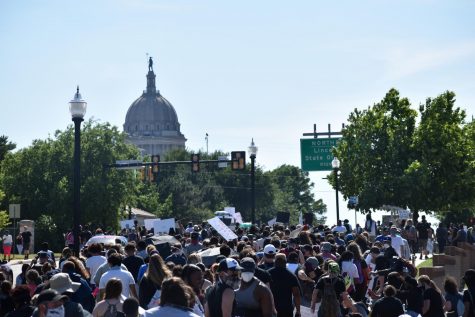

is a journalism major at the University of Oklahoma, with minors in Religious Studies and English, Literary and Cultural Studies. He was co-founder and editor of Rap Chronicle, an online music magazine that published between fall of 2014 of and spring of 2017. His other bylines can be found in NonDoc, The Norman Transcript, and OU Daily. Jessie has worked his way through college as a crew member/server at Norman restaurants. He reported in Washington D.C. during the 2020 presidential election on behalf of Gaylord News.

